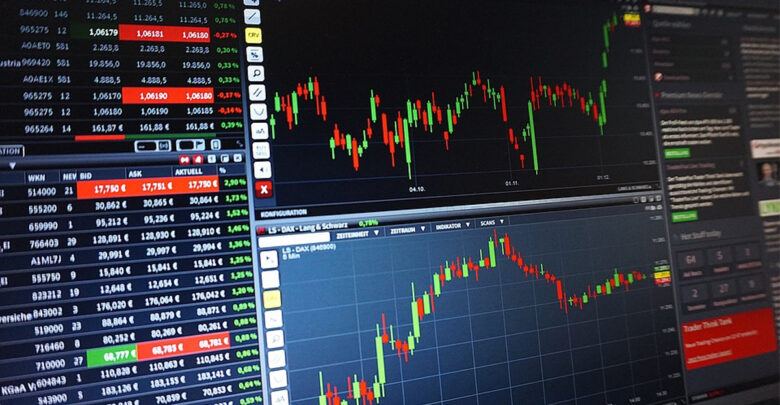Business
6 CFD Trading Mistakes That You Should Avoid

Trading methods that pay well aren’t difficult to figure out. As with many endeavors, whether or not you are successful in trading CFDs is mostly determined by your attitude and approach. However, if you can avoid making the errors listed, your chances of trading success increases.
- Having No Plan
Your account balance may rise or decrease at the touch of a button, which is intriguing. However, this should just be a test run for you before you become serious about trading. A certain amount of time and effort should be put into trading education, which covers a wide range of topics, from technical analysis to order types to trading psychology. This training provides you the tools to create a trading strategy.
Trading plans do not have to be complex, but they should include the following things as a bare minimum:
- What assets do you want to trade?
- Time of your trades
- How long are you willing to hold the position of your trades?
- How much total capital and what percentage of that will you use per trade?
- Not Sticking To The Plan
A trading plan serves as a trader’s map, a guide to follow every step of the trading career. If you don’t use your trading strategy, it’s a waste of time. It is possible to see whether you have a formula for long-term success by trading CFDs, Forex, cryptocurrency, or any other market regularly. Doing something new on each transaction means you’ll receive various outcomes over time, making it impossible to tell if your current method will lead to long-term success.
When trading, having your strategy set out in front of you is the greatest way to ensure that you stick to it. Before making a trade, look at your plan and follow it strictly.
- Not Setting a Stop-Loss
When trading, it’s critical to keep your losses to a minimum in order to maximize your gains. You must know when to take profits and when to minimize your losses. A stop-loss is a must for all traders. This basically cuts down your losses and allows you to enter another trading position. Almost anything may derail your plans. Using a stop loss helps you prepare for the worst-case scenario while also safeguarding your money.
- Don’t Overtrade
Overtrading is the act of engaging in too many trades. Your trading style and strategy will determine how many transactions you can handle in a given period of time. You should only trade if there is an opportunity and if your money management strategy enables you to do so. Boredom is often the catalyst for excessive trading. This may be resolved by making sure that you are not trading just for the thrill. Focus on your goal and don’t enter unnecessary trades.
- Overleveraging
Overleverage is a problem that affects all traders, not only CFDs. Margin calls on transactions with excessive leverage brought down large hedge funds. Too many traders focus on the CFD broker’s leverage ratio, but that’s the wrong way to look at it. It won’t matter whether your broker provides 30:1 or 200:1 leverage if you set your stop loss and trade size such that you’re only risking 2% of your account on each transaction.
- Emotional Trading
After a losing run, traders engage in revenge trading to try and get their money back fast. We attempt to “avenge” ourselves on the market after a string of unsuccessful transactions. This is accomplished by making a large transaction in an effort to recoup the funds. These trades often fail and worsen the losing streak since they are essentially a risk and are usually poorly thought out.
In order to prevent revenge trading, the best strategy is either to stop trading after many losing transactions or to automatically reduce your stake size after a certain number of losses.





